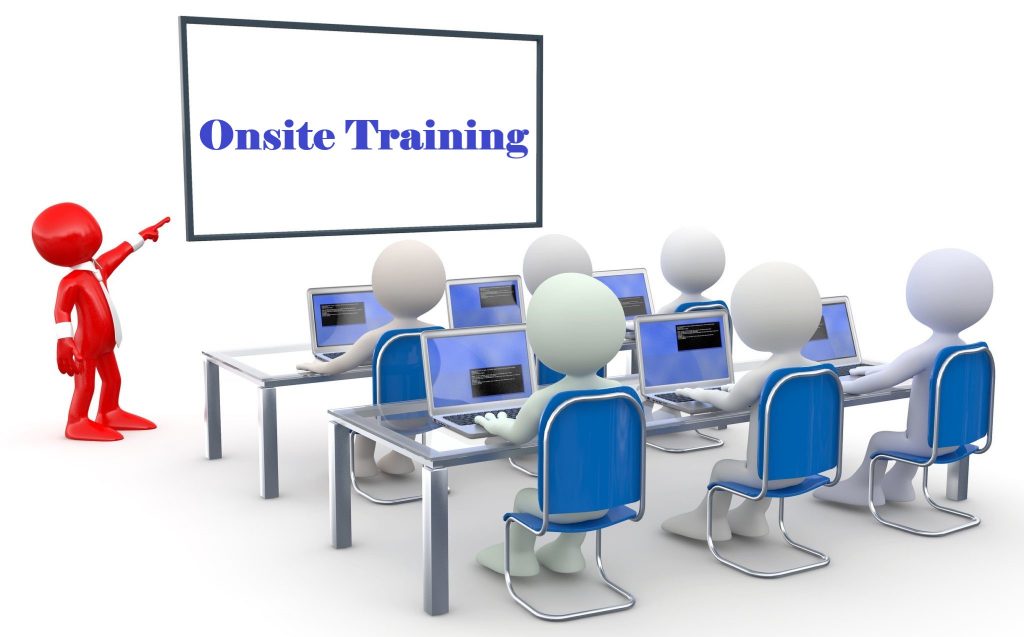Training is one of the most important investments a firm can make. Employees are a company’s biggest asset and investing in talent is vital to sustainable business growth and success. You don’t train just for the sake of doing it – if so, your firm would be an educational institution and not a manufacturer. Rather, training is linked with the organization’s goals.
Through training, people develop knowledge and skills so they can safely, effectively, and consistently perform their jobs.
GMP Expectations
In the GMP regulations of the FDA, European Medicines Agency (EMA), and Health Canada, one can find these requirements that cover learning, training, and performance:

There are an adequate number of qualified people to perform the required tasks safely and effectively.
- Tasks, roles, and responsibilities are defined in job descriptions and organization charts.
- Personnel are trained and/or otherwise qualified in the procedures and methods they use and the tasks they perform.
Personnel learn the GMP concepts and regulations that apply to what they do; there are periodic (annual) “refreshers” of GMP requirements that are relevant to what the personnel do.
Key personnel (including consultants and contractors) have the professional, educational, and experiential credentials required.
- The learning program is defined by a procedure and learning plan, learning events like training and assessment results are documented, and the effectiveness of the training is evaluated.
Learning events are conducted by qualified personnel.
Supervisors and management have training that is appropriate to their functions.
Even the US regulations, CFR 211.25 Personnel qualifications says “Each person engaged in the manufacture, processing, packing, or holding of a drug product shall have education, training, and experience, or any combination thereof, to enable that person to perform the assigned functionns”. Therefore, putting any person on a job in the pharmaceutical or biotechnological industry, it is necessary to have his or her complete training and evaluation about his job responsibilities. Life science companies that embrace and implement a quality culture ensure employees are optimally trained before touching the product, therefore safeguarding and protecting the health and well-being of the general public.
Training can play an important role in the success of a company and in employee performance, with effective training and support helping with higher productivity and resulting in lower staff turnover.
There is also increasing scrutiny by regulatory inspectors to assess compliance of training and related documentation. Lack of, or inadequate, formal processes and procedures for training and poor training documentation are among the top inspection findings.
Why Training Matters
Continuous improvement requires continuous training
Training Versus Learning
In recent years, some pharmaceutical organizations have changed the names of their training departments to incorporate the word “learning.”
Further Innovation
A further innovation has been e-learning. With this method of delivery, pharmaceutical companies / Pharmacy graduates can obtain consistent training. This training is available through Online courses, Webinars, Videos, and many electronic media.
Some may see this as a trivial play on words. Others, however, have realized that if the change from “training” to “learning” is accompanied by a fundamental change in philosophy, it can have a significant positive effect.
GXPZONE PHARMA ACADEMY has a team of professionals who are subject matter experts in their relevant areas conduct training programs onsite and has also contributed to development of our online courses which covers all the important topics of different departments of Pharmaceutical Industry.
Our Live and Recorded webinars, training programs both onsite and online through our YouTube channel gives a valuable training platform to the students who are ready to make their career in the Industry and also the pharma professional to enhance their knowledge.
Major topics covered in our training program are:
- Importance of GMP in Pharmaceuticals
- Importance of GLP in Pharmaceuticals
- Contamination and Cross Contamination in Pharmaceutical
- Quality Risk Management
- What are the FDA and EU regulatory requirements for GxP computerized systems?
- FDA 21 CFR Part 11 Overview, including the current FDA interpretation
- Quality Risk Management for computerized systems
- Stability study Management
- Auditing Technique
- Interviewing Skills
Topics on any other topics can be conducted onsite through request video our email id info@gxpzonepharmaacademy.com or by filling online registration forms.
Who are Benefitted from our training programs?
- QA Personnel
- QC Analysts
- All Pharmacy graduates
- All Science graduates (willing to make carrier in Pharmaceutical Industry)
- R&D analysts
- Chemists
- Regulatory scientists
- Manufacturers
- Laboratory Managers
- Quality Managers and Personnel
- Regulatory Affairs
- Contract Labs

